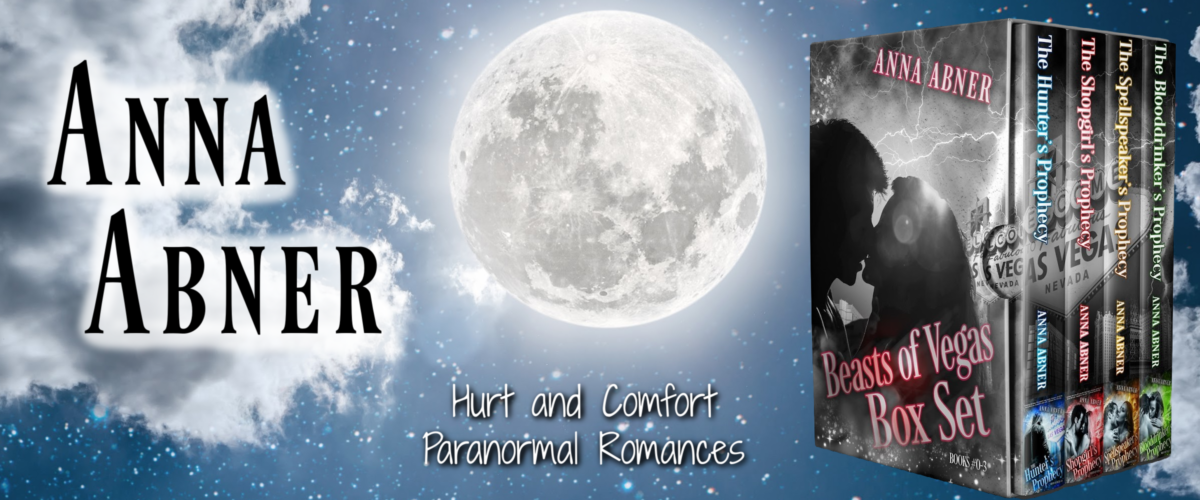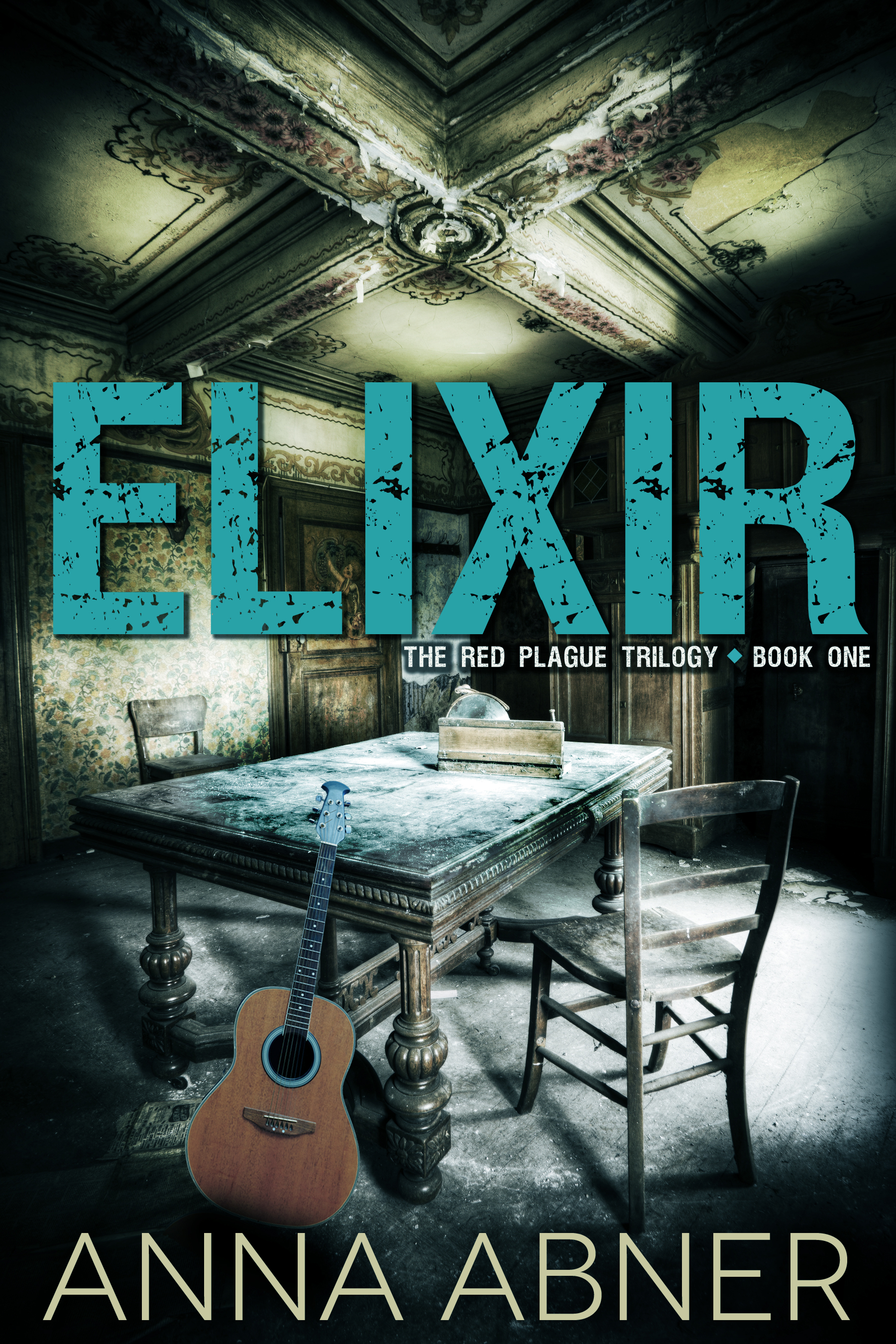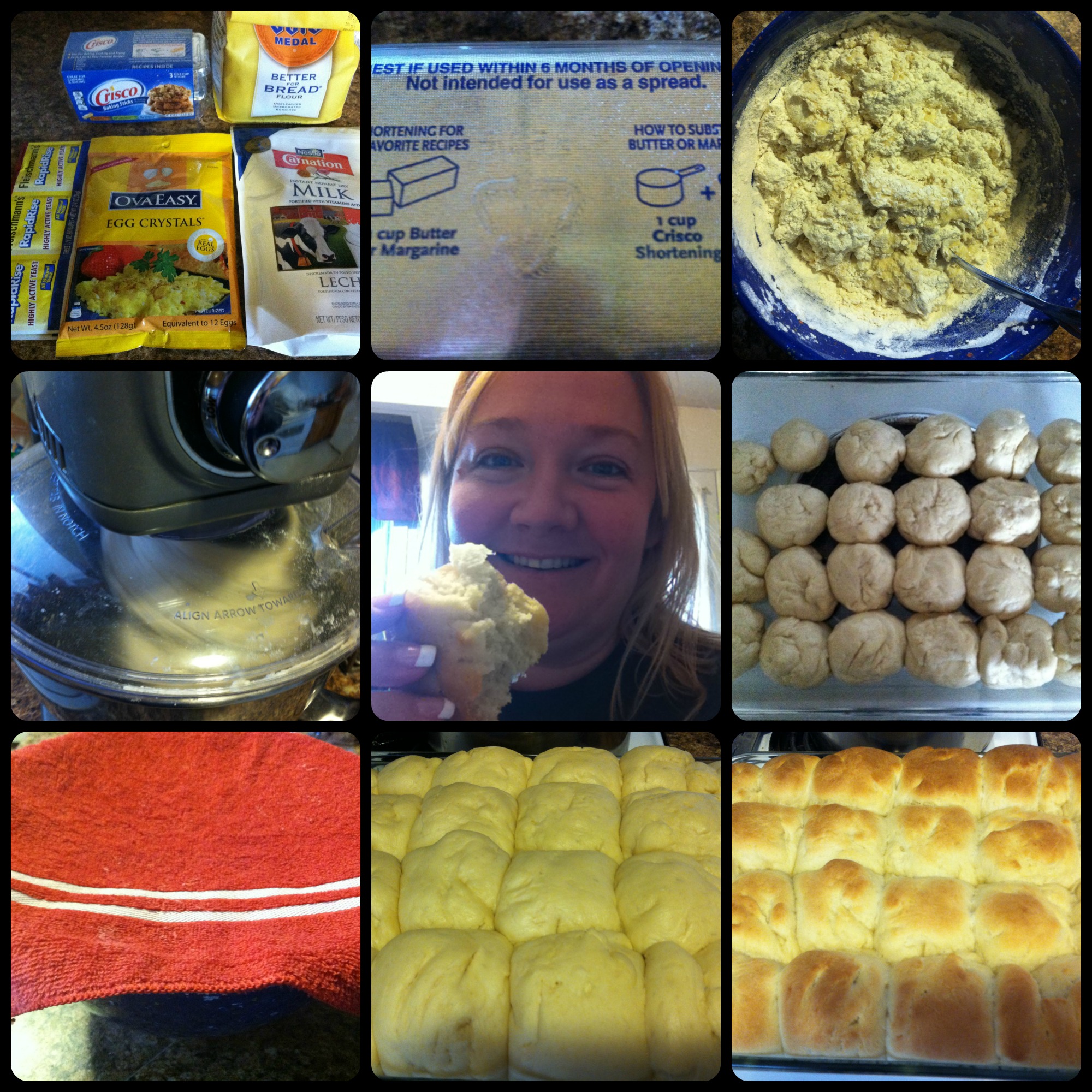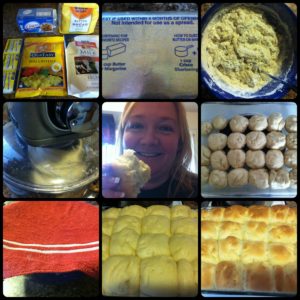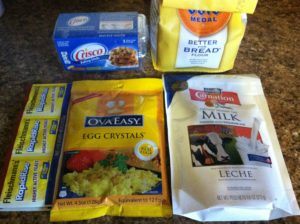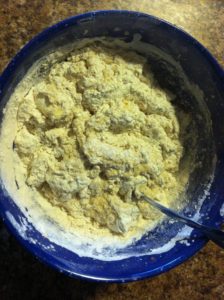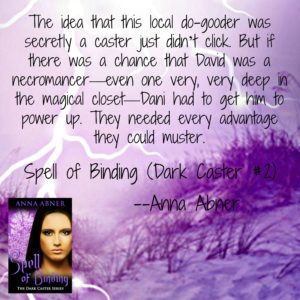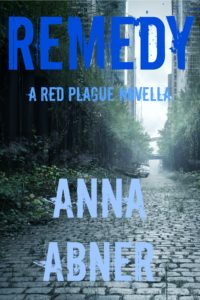Elixir (Red Plague #1) Chapter One
Enjoy this free sneak peek of Elixir’s 1st chapter!
Elixir (Red Plague #1)
Written by Anna Abner
Copyright 2014 by Anna Abner
Back Cover Blurb:
The red plague has devastated the human race, turning billions of people into zombies with red eyes and an insatiable hunger for human flesh.
The 212R virus sweeps through the population so quickly a possible cure is left to rot. Seventeen-year-old Maya Solomon may be the only survivor who knows where it is. But to reach the lab in Raleigh, North Carolina she will have to outrun the infected boy tracking her every step and cross into a city swarming with monsters.
Chapter One
A buzzing circular saw woke me five minutes before my alarm was supposed to go off. Instant, achy terror consumed me. I scrambled out of bed in my PJs and crouched at the end of the hall, peeking around the corner into the living room beyond the foyer.
“Dad?” I hissed.
He stood, hands on hips, in front of our big screen TV staring at local news.
I sagged against the wall in relief. For a moment I’d thought… But no. We weren’t being attacked by red-eyed plague victims.
Dad hadn’t heard me, but around and between his arms I watched the agitated news anchor struggle through her report.
“If you are in a heavily infected area,” the hollow-eyed brunette read off the teleprompter, “you are instructed to shelter in place. Do not attempt to travel. Roads and highways are impassable, particularly in Raleigh and Charlotte. The safest thing for you to do is stay where you are. Lock your doors and windows and wait for further instruction.”
A tiny hiccup of fright escaped my throat, and Dad whipped his head around. His normally slicked back blond hair was dry and messy as if he hadn’t bothered to comb it at all.
“Maya,” he exclaimed, pasting on a friendly smile. But under the positive facade I could tell he was just as terrified as I was. The world was falling to pieces and we both knew it. “Good morning, baby girl. Did the construction wake you up? I told them not to make noise until after six.”
Baby girl. He hadn’t called me that in two years. Not since Mom’s funeral.
“Dad,” I said, twisting my fingers around a long tendril of dark hair. “What is going on?” I had fallen asleep worried about the incredibly fast-moving 212R virus and woken up in a construction zone.
“Oh.” He glanced through the kitchen archway toward the saw noises. “These men are building a survival bunker in the pantry. I think I mentioned it last week. It’s like a panic room, but it won’t require electricity.”
“Why do we need that?” Was I not panicking enough? 212R was infecting densely populated urban areas and, after three days of fever, stripping the diseased of their higher level thinking skills and replacing them with insatiable cravings for raw flesh and blood. Victims were crawling all over the larger cities. We were safe, for the moment, in our suburb. But we might not be for long.
“Don’t worry about it,” he said, showing me another fake smile, making me even jumpier. “It’s an insurance policy. Get dressed and we’ll have breakfast.”
I slipped into my bedroom and tugged on my track gear—shorts, tee, and cross-trainers—in record time to catch up to Dad and one of the construction workers at the kitchen island.
Dad pulled stacks of wrapped twenties from his shoulder bag and slid them across the granite counter toward the man.
“It’s more than I told you,” Dad said quietly. “Can you finish before two?”
“No problem, boss.” The man glanced at me. “With the four of us working nonstop it’ll be done in a couple hours.”
“With an independent ventilation system?”
“Exactly like we talked about.”
“Sanitation station?”
“Roger’s putting in the piping now.”
I cleared my throat. “Do you want cereal, Dad? There’s some oatmeal left.”
He flinched as if he’d forgotten I was there. “Baby girl, make whatever you want. I have to go in a minute.”
My belly plummeted. “You’re going to work?”
The television, the small one next to the toaster oven, was tuned to cable news. On the screen was a fuzzy snapshot of an infected man, his face splattered with blood and his eyes a distinct and deep shade of red.
The news anchor said hotly to his guest, “We will not call them the Z word, Professor. They are ill and need our support, not our ridicule.” He choked up, covering his mouth for a moment. “My mother has been sick the last couple days. Her eyes went red last night.” He inhaled a shaky breath. “I won’t stand for that kind of language. Not on this show.”
On the right side of the screen was a cautionary graphic with bullet points. Stay indoors. Conserve energy. Boil water and keep it in sealed containers. Phone calls for emergencies only.
“I’m sorry.” Dad used the remote to turn off the TV. “You don’t need to watch this nonsense. It’s all posturing and fear mongering.”
Well, they had succeeded. I was terrified. “Should I stay home from school?”
“No,” Dad said. “The virus isn’t here yet. The best thing for you to do is go to school, see your friends, run track, just be normal.”
“But the news—“
“It’s bad in the cities,” he agreed, “but we’re not in the city. If 212R is here, it’s new. We have time.”
Up to three days. That’s how long it took the infection to invade a body and take over completely.
“Your lab is in Raleigh,” I reminded him. “It’s not safe there.”
He cupped my face, and though his touch was gentle, his fingers were tense as talons against my cheeks. “A cure exists, Maya, but I have to finish synthesizing the antiserum. If all my staff shows up I can finish it today. I have to go.”
I opened my mouth to argue further. He was one chemist toiling in a Center for Disease Control lab full of scientists and technicians. What difference would his absence make, honestly, in the grand scheme?
“I can put an end to this,” he said, his voice turning husky with emotion. “I can fix everything. I can save them.”
I saw in the set of his jaw and the steel in his spine I was not going to convince him to stay.
My stomach unraveled like an old scarf. “But you’ll come home tonight?”
“Of course.” He backed away, gesturing to the counter by the sink. “On your way to school, will you return Mrs. Kinley’s dish? It’s been sitting here for a week.”
“Okay.”
“I’m sorry I’m in such a hurry,” he said, collecting his satchel, keys, and cell phone. “The CDC is sending a helicopter to pick me up.”
I walked him to the front door, getting that itchy feeling I used to get when he dropped Mason and I off at day care years ago. I didn’t want him to go.
“Don’t forget,” he said, pausing at the threshold, “wash your hands constantly. Carry sanitizer with you. No shaking hands. No hugs. Eat and drink from sealed containers only.”
“I will, Dad.” I’d heard his cleanliness rules so often, especially in the last few weeks when 212R was all anybody could talk about, I knew them by heart.
“Come home tonight,” I pleaded one last time. Since Mom died and my twin brother Mason went away, Dad was all I had left. “Promise me? No matter how much work you still have to do?”
“I’ll come home. And I’ll bring a generator for the bunker.” He kissed my forehead and drove off in his car.
I had almost forgotten the workers banging away in my kitchen until I shut the front door and came face to face with their crew leader.
“Any little extras you want in there?” he asked, smacking his lips as he studied my hair. “Since your daddy is paying for it. I can throw in carpeting. Would you like that? What about a bulletproof peephole?”
Tucking my hair behind both ears, I edged toward the hallway and my bedroom. “Sounds good. Thanks.”
I twisted my hair into a bun, packed a bag with a change of clothes, my copy of Shakespeare’s sonnets for English class, and my school binder. Before leaving my room I hesitated in the doorway staring, unfocused, at my honey colored guitar. Holding it in my arms, strumming the strings, and feeling the chords’ vibrations in my ribcage was the best part of my day. But it would be a pain to carry it from class to class so I left it behind, promising myself to play it when I got home.
I left the house in a hurry, snatching the baking dish off the kitchen counter on the way out.
Mrs. Kinley opened her front door, but only after I knocked five or six times. And when she did, her hair usually in a sleek ponytail down the back of her neck laid loose and wild.
“Maya, what are you doing out there?” She yanked me inside, slamming the door and locking it behind me. “Are you watching the news? It isn’t safe.”
“Have they closed the schools?” Maybe I wouldn’t have to go after all, no matter what my dad thought.
“Not here. But they did in Raleigh.” Her cat Freckles darted across the room as if she had a ghost on her long fluffy tail. “They’re closing down the whole city. This zombie plague is ridiculous.”
The Z word, the word we weren’t supposed to say.
“Do you know what they just said on TV?” she added. “Reds can’t speak.” Her eyes filled with unshed tears, and she reached for my hand. Her fingers were cold, but strong. “Isn’t that the saddest thing you’ve ever heard? Even if they wanted to communicate, they physically can’t.”
Extricating my hand, I tried to smile reassuringly, but I feared it was more of a sneer. “It’s sad.”
“The saddest,” she said, turning back to the box she was packing on her living room sofa.
“My dad went to work in Raleigh,” I said. “He’s trying to finish a cure.”
“Bless his heart.” Her words were kind, but her eyes were resolute as if she’d already written him off. “Do you want to stay here with me until he gets home?”
“I’m going to school,” I announced bravely, though I felt anything but. “I just wanted to give this back.” I showed her the dish. “Thanks again for the brownies. They were really good.”
“My pleasure.” She pulled me in for a longer and tighter than normal hug, and I rested my chin on her shoulder. Enveloped in Mrs. Kinley’s soft, sweet smelling arms, I missed my mom more than ever. “Be safe. Not even our little corner of the world is immune to all this.” She waved her hand toward the living room to encompass the news on the TV.
“I will.” Readjusting my backpack I crossed her lawn and slid behind the wheel of my car, a rinky-dink coupe my dad had bought for me to practice on.
Palmetto High School was practically deserted. And it wasn’t just students ditching under the threat of plague. Half the teachers were absent and only a handful of subs showed up to cover their classes. Lots of kids crammed into classrooms they wouldn’t normally be in.
But my track coach was right on time and ready to sweat.
“I hope you delicate flowers came to work,” Coach greeted us. “No bird or pig or, I don’t know, raccoon flu is going to stop us, right?”
I glanced to my right at the three other runners who’d shown up to morning practice and nodded woodenly.
“That’s what I love to see.” Coach blew her whistle. “Warm up mile. Let’s go, ladies.”
I took off, quickly outpacing my teammates.
My best event was the one thousand meter. I was fast on a normal day. Maybe the panic and anxiety helped fuel me because I was better than fast. I was a machine in drills, not even caring about the humid, North Carolina air hanging heavy and thick. As I sprinted sweat blossomed, coating me in sticky moisture, but I never slowed down. By the time the first bell rang I was wrung out. I showered in the locker room and hurried to first period.
My history teacher Mr. Coates had the TV on and nobody even pretended to study or finish assignments. We scooted under the television and absorbed live footage from New York and Miami, the hardest hit U.S cities so far.
And North Carolina was right between them.
Infected plague victims, red eyes seeming to glow, swarmed the streets attacking and consuming people. Survivors jammed all major routes of transportation—freeways, train depots, airports.
“Lola Rodriguez had no way of knowing her first floor apartment would be attacked in the middle of the night by a 212R sufferer,” Daniela, a veteran reporter announced to the camera. “Thanks to her quick thinking she not only saved her own life but the lives of three of her neighbors by waking them up and hiding them on a second floor terrace.”
They looped a short video clip of a Red climbing a staircase, getting about halfway up, and toppling over like a toy soldier on a shaky table.
“As we’ve learned in the past few days,” the anchor continued, “212R affects the inner ear. Sufferers will not be able to either rise or descend more than a few feet before feeling uncontrollably dizzy.”
I glanced at the windows. Red eyes, no speech, and an inability to climb. Oh, and an insatiable craving for raw flesh and blood. And they were out there, not that far away, in Raleigh and Charlotte.
The reporter wrapped up her segment. “If there’s one thing to take away from the last hour,” Daniela said, “it is to shelter in place. Please, please, if you are in any of the major plague centers immediately find a safe spot to be for the next few days.” She smiled sadly. “My heart goes out to those suffering, both victims and survivors. If you can hear my voice, stay safe. Stay vigilant. We will get through this.”
The show went to commercial at the same time the bell rang, and I nearly jumped out of my skin.
On the way out of the room, even though it was against the rules, I brought my cell out of my bag and texted my dad. “Did you make it to work?”
Seconds ticked by. A minute. I waited in the hall. Just as I was about to put it away and go to my next class I received a text.
“I got to ride in a helicopter! Everything good. Working hard. Are you in school?”
“Yes. I love you.”
“Love you too.”
The next three classes went about the same as first period. At lunch I did what I always did, slipped into the band room to play guitar with my friend Guinevere. But Gwen wasn’t there so I stuck a granola bar in my mouth, pulled a student guitar from its case, and plucked a couple notes.
I played an upbeat country pop song on my instrument. The kind of song I loved. Normally.
It rang false. Nothing about the world was light and snappy anymore.
The side door slammed open and Cal poked his head in, his cold, calculating eyes discovering me sitting all by myself. The very sight of him caused a sour fear to spike inside my chest.
On any other day there were enough people in the room to create a buffer between Cal and I, but it was just the two of us.
Apparently, not even the threat of infection and death could suppress his sadistic impulses.
“Hey dork.” He grinned as he produced a chocolate milk grenade and pretended to bite an invisible pin from the top of the container. “Incoming!”
I abandoned the school’s guitar and took off a split second before he threw it overhand, digging my feet into the carpeting and sprinting for the back exit to the soundtrack of his cackling laughter. The warm milk exploded against my hip, splashing me from shoulders to knees in sugary, sticky mess.
I ran hard across the grassy quad and toward the girls’ locker room, not looking back.
“Attention students and staff,” a voice boomed over the loudspeaker. I slid to a stop next to a soda machine and spun, but Cal hadn’t chased me. “You are ordered by the county Sheriff’s department to go directly home at this time and stay there.” A pause. “A 6:00 p.m. curfew will be strictly enforced.” Another pause. “God bless us all.”
The emergency alarm screamed through the halls and pulsed from every classroom.
I hurried for the parking lot, joining the crowd of people headed the same way, and pulled my cell. “School’s canceled,” I texted my dad. “On my way home.”
He didn’t reply right away, but he kept his phone in his office, so if he was busy in the lab it might be a while.
The streets were congested and it took twice as long to get home. I steered my Honda with both hands fisted on the wheel. Twice, I narrowly avoided collisions with cars zigzagging through traffic.
My phone beeped. “Busy,” Dad texted. “Move garage gear into panic room. See you tonight.” I was too worried about dying on the road to stop and answer him.
The work trucks were gone from my driveway when I pulled up.
“Maya!” Mrs. Kinley came off her front porch with Freckles in a carrier. “Is your dad coming to get you?”
“He’s in Raleigh,” I said, “but he’s been texting. He’ll be home tonight.”
“Okay.” She popped the carrier into the backseat of her car. “I’m going to meet my parents in Nashville. You can come with me if you want. I’d love the company and 212R isn’t as bad in the country as it is in the cities.”
“I have to wait for my dad,” I said. “He’s really close to finding a cure.”
She smiled wistfully. “Wouldn’t that be wonderful.”
“Be careful out there,” I said and bolted myself inside my house.
I did what I’d been doing the last two weeks or so after school, as part of my dad’s safety checklist. I stripped to my underwear in the laundry room and immediately took a hot shower in the hall bathroom. Only then did I change into comfy pants and a tank top and inspected our new panic room.
The crew had done a good job. It looked solid. Impenetrable, even. Our old pantry was now a metal cell with a heavy swinging door that sealed from the inside with a wheel crank. I crossed the square of extra soft carpeting and decided I could live there for a few days. As long as my dad was with me.
Speaking of, I texted him again. “Panic room is done. Looks sturdy.”
While I waited for him to reply I made myself a sandwich and turned on the TV.
More bad news. Most of New York City was black and offline.
“The president has declared the entire city of New York a disaster zone,” the reporter said. “The National Guard is on the ground as we speak doing all they can to quarantine plague sufferers and evacuate survivors.” A video flashed on of a giant tank driving down a street choked with cars and people.
I didn’t feel particularly optimistic about the military response. The threat to the city was a microscopic virus, not anything that could be shot or detained.
Done with my snack I followed my dad’s directions. He’d been busy the last few weeks, even busier than I realized. Locked in our garage lay cases of drinking water and canned food, a first-aid kit, a tub of survival gear, and two narrow cots. I spent the afternoon sweeping up after the workers and moving and organizing the supplies into the old pantry.
“If you have a fever,” the news anchor announced, “go immediately to the nearest emergency room.”
I pressed the back of my hand to my forehead. So far so good.
“The best hope we have is to contain the virus,” the reporter continued. “Once infected, though, you can spot a ‘Red,’ as some folks are calling them, by the red color of their eyes. We now have Dr. LaVay from the CDC to tell us more about why and how 212R affects the color of our irises. Doctor?”
I turned off the TV and texted Dad, “Lasagna for dinner? I’ll start at 5.”
While I waited to hear from him I collected my guitar from my room and strummed a song I had written the year before called “Red Shoelaces.”
When the tray of frozen vegetable lasagna was hot and ready at six I served myself and ate in front of the television. Every five minutes or so I checked my cell to see if my dad texted anything and I had missed the beep, but nothing came in.
“Many of the services we take for granted,” the reporter said, “will no longer be available as early as tomorrow morning along the entire eastern seaboard. 212R has spread so quickly, incapacitating so many people, there may not be enough qualified people to run power, water, and sanitation services.”
I set my dinner in the trash and double-checked that all the doors and windows were locked tight and then turned on my phone. No new messages.
“We here at the news desk will keep reporting,” she added, “as long as we can to get you the information you need to stay safe. If the power in your area goes out, don’t panic. Scrolling on the screen right now are the radio channels broadcasting emergency information in your area. So, if you have a battery powered radio in your survival kit get it out and test the batteries.”
Something that sounded like a firecracker popped outside the front door. Then twice more.
Gunfire? I couldn’t be around gunfire. It reminded me of Mason and my mom and the horrible, awful thing that happened two years ago.
I ran to the window, but the street was deserted.
My cell screen was blank. No new messages, no new texts, no missed calls.
“Dad,” I whispered at my phone. “Where are you?”
The power blinked off, draping the house in quiet, purplish dusk.
“Lights went out,” I texted Dad. “What do I do?”
Somebody outside screamed. The living room window shattered. Someone or something in the yard growled like a pissed off panther.
I snatched my guitar, my song diary, and my iPad.
The front door crashed open, and I ran for it, slamming the bunker’s door closed with a resounding clank.
Buy the full novel on Amazon now.
Like Cheap Books? Sign Up For My Monthly Newsletter Today.
Enjoy this Free Red Plague Sneak Peek PDF full of excerpts and extras!
<3 Anna
